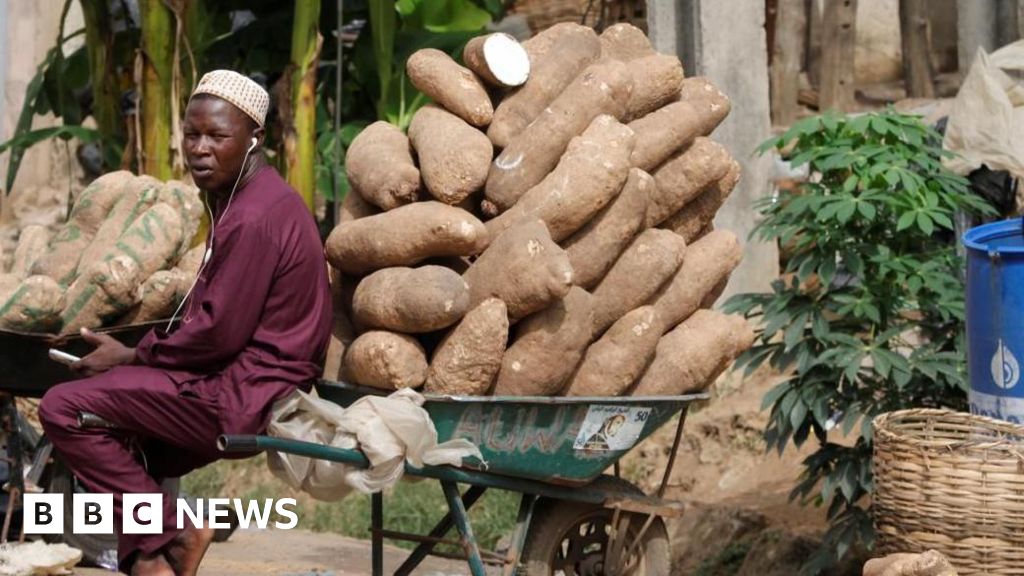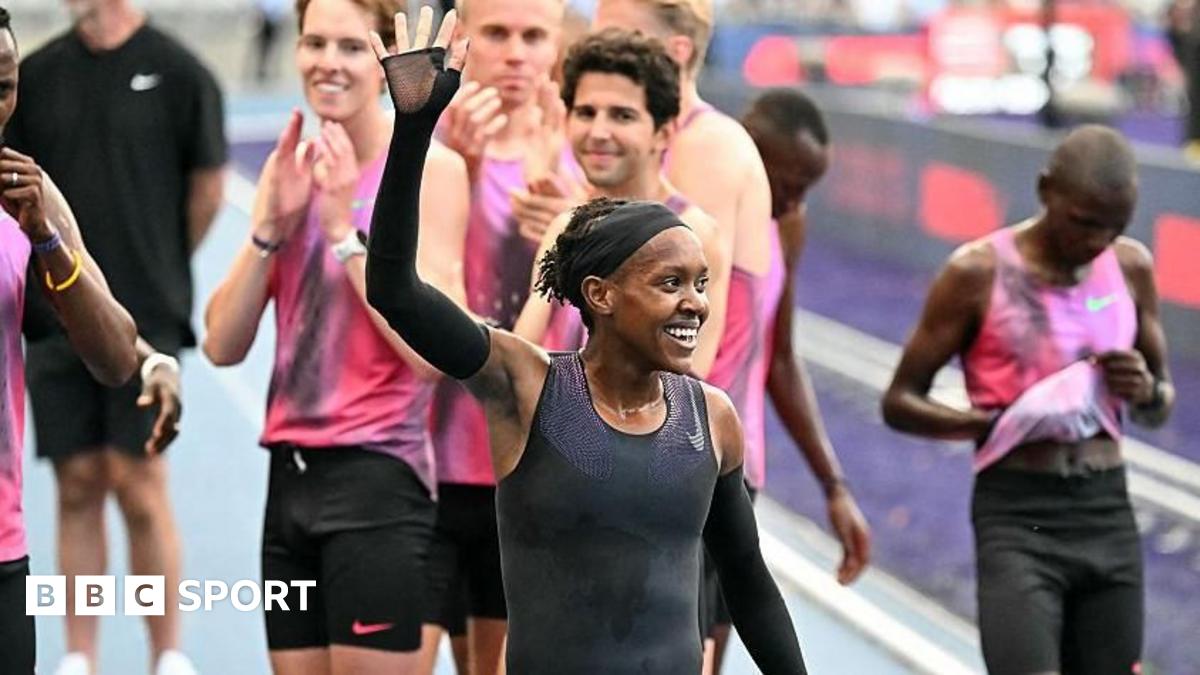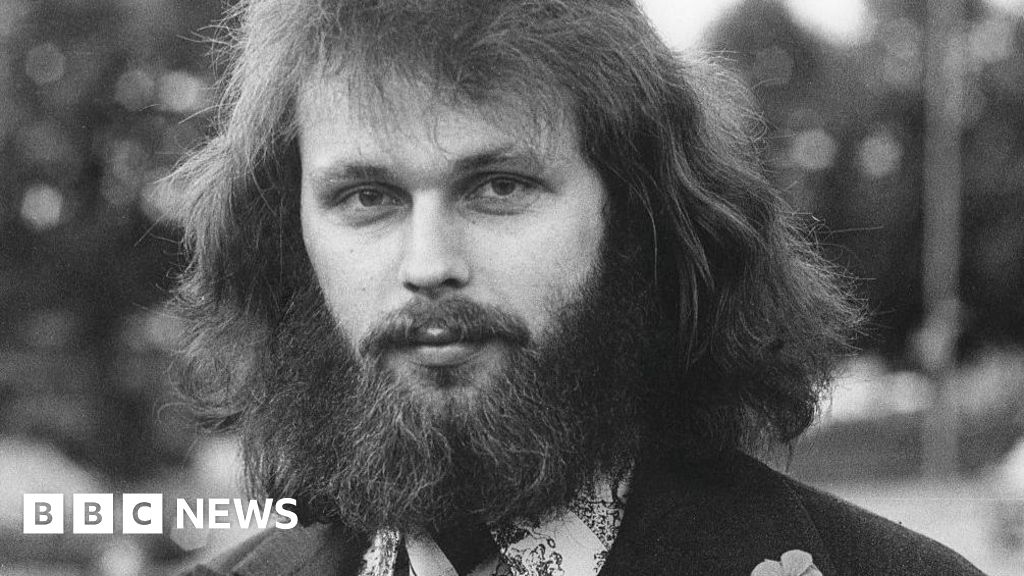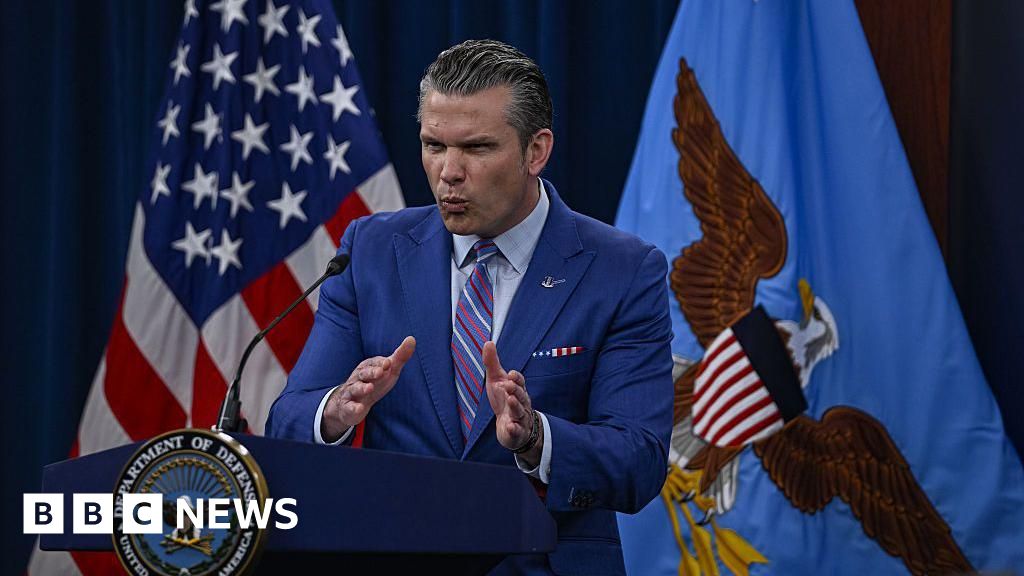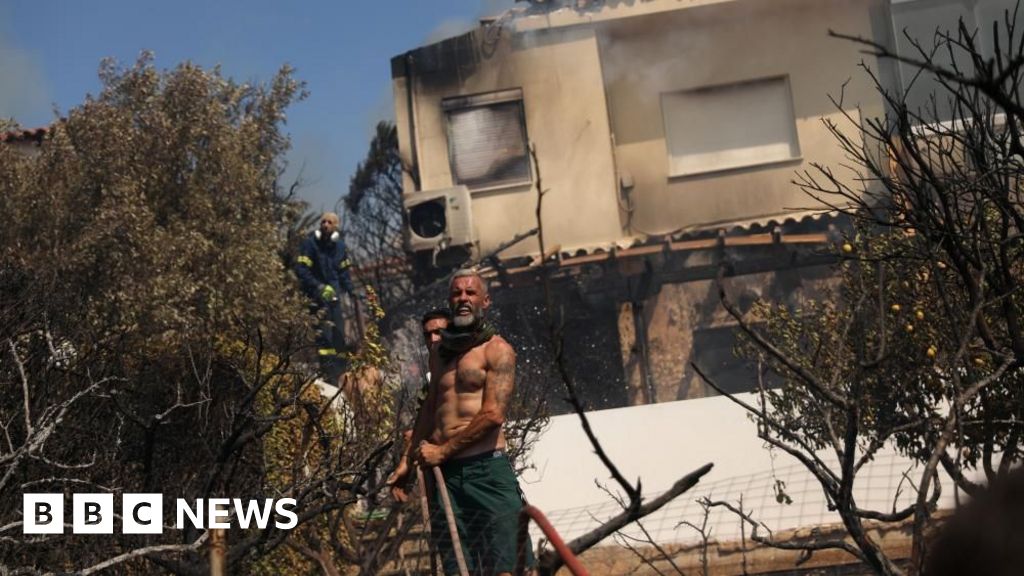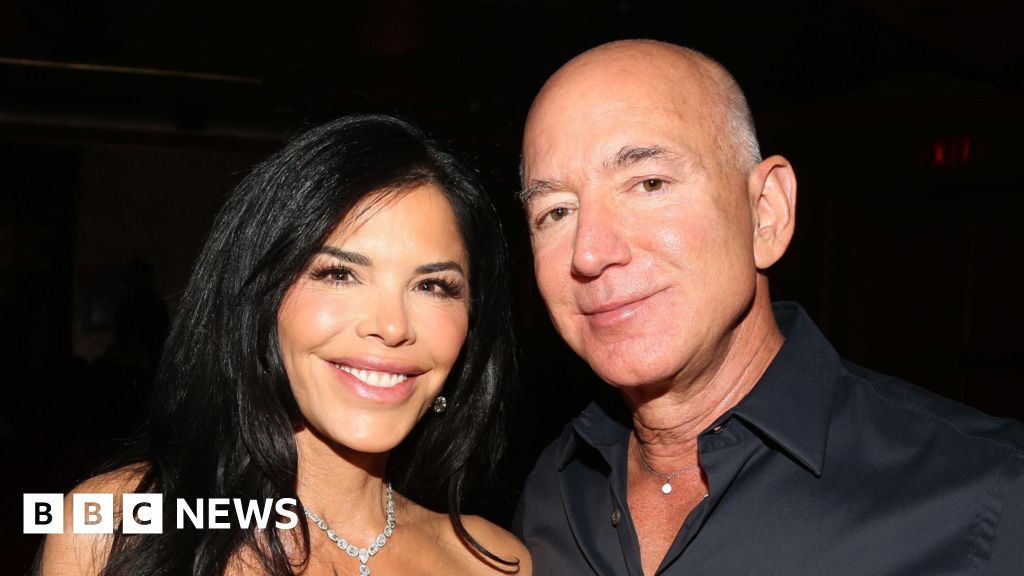Their loved ones were picked up by U.S. immigration authorities, deported to El Salvador and then jailed in a notorious maximum-security prison. Now, more than a dozen families are suing the Salvadoran government, accusing it of illegally keeping their sons, brothers, nephews and partners behind bars for nearly two months.
The lawsuit, filed on Friday before the Inter-American Commission of Human Rights by a coalition of migrant rights lawyers representing the families, names 18 Venezuelan nationals who are being held at the Terrorism Confinement Center, known as CECOT — a strict and austere megaprison at the center of a deportation deal between El Salvador and the Trump administration.
Since March, none of the families have had news of their imprisoned relatives, most of whom had pending or approved applications for asylum or other kinds of humanitarian protection in the United States, according to a copy of the suit seen by The New York Times.
“They’ve all been deported without due process, excluded from any protection of the law and are in a situation of enforced disappearance,” said Isabel C. Roby, a senior staff attorney at Robert F. Kennedy Human Rights, one of the groups bringing the lawsuit.
Spokespeople for El Salvador’s government did not immediately respond to a request for comment.
The White House has found an important ally in El Salvador’s president, Nayib Bukele, to carry out its deportation policy. At least 288 U.S. deportees — mostly Venezuelans and several dozen Salvadorans, including a man deported from Maryland in error — are in CECOT custody, the recent lawsuit estimates, but the exact number is not known because neither government has revealed their identities.
The complaint requests that the commission order the Bukele government to immediately release the 18 migrants held incommunicado at the prison and facilitate their return either to the United States or to another country where they would be safe.
In February, Mr. Bukele offered to take in convicted criminals deported from the United States, for a fee. In his discussions with U.S. officials, The New York Times has learned, Mr. Bukele told them he wanted evidence that all the Venezuelan migrants were in fact members of the Tren de Aragua gang, a claim the Trump administration has used to justify the deportations. But a Times investigation did not find any criminal record, or found only minor infractions, for most of the men.
“Neither the Trump administration nor the Bukele regime have demonstrated any case where an individual has been determined by a court to be a member of a gang,” said Isabella Mosselmans, director of the Global Strategic Litigation Council for Refugee Rights, another organization filing the lawsuit.
Instead, the decision to deport them has relied on “superficial characteristics,” Ms. Mosselmans said, adding that nine of the men named in the legal action were accused based on their tattoos.
Recent legal actions against other Central American nations that had agreed to accept planeloads of people deported from the United States have had some impact. In March, Panama released nearly all 112 migrants who were being held in a remote jungle camp. And last month, Costa Rica returned passports to people it had detained in a former pencil factory, allowing them to leave if they so wished.
El Salvador, however, is different.
To crack down on his country’s gangs, Mr. Bukele imposed a state of emergency in 2022 that allowed him to suspend normal due process rights. Since then, his government has swept up thousands of gang members and innocent people in mass arrests. Human rights groups have tried to challenge the legality of the arrests, with little effect. Of thousands of legal actions filed over the past years, only a handful have been resolved.
Even if the Inter-American Commission rules in favor of the plaintiffs, lawyers in El Salvador caution that it could be difficult to pressure the government to do anything.
“The Bukele regime couldn’t care less,” said Enrique Anaya, a constitutional lawyer based near San Salvador, the capital, who has questioned the legal basis of the deportation deal. “El Salvador is going to release these people only and exclusively if the United States authorizes it to do so.”
Source link

